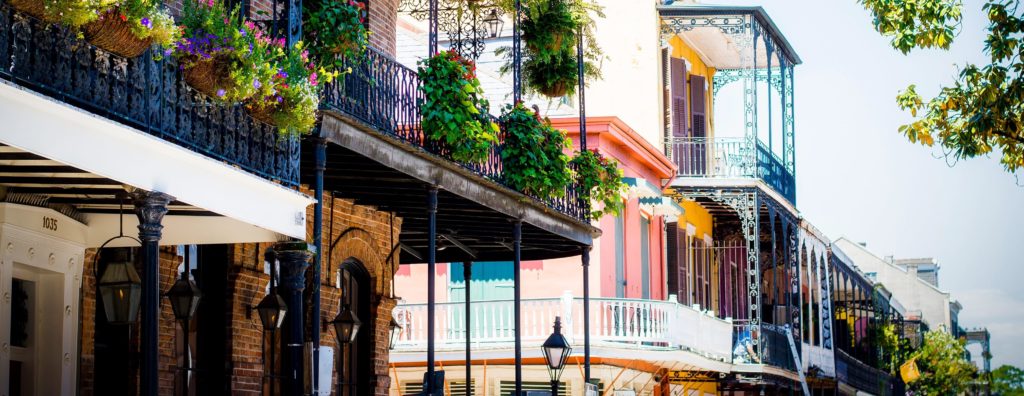New Orleans temporarily bans short-term rentals
Contributors are not employed, compensated or governed by TDM, opinions and statements are from the contributor directly

New Orleans has hit the pause button on adding more short-term rentals in the city, as the local council conducts further study on the effects of transient accommodations.
The council ordered a freeze on the issuance of licenses for such rentals as well as on the option to renew existing licenses for nine months.
Council member Kristin Palmer, who pushed the agenda before the council, said: “This legislation is a first step towards revising and improving the short-term rental regulations to restore and preserve the residential fabric in historic areas of the city.”
She is backed by a fellow council member who voted for the temporary ban, Joe Giarrusso, who stated that a balance must be achieved and added that the effect of short-term rentals, if there is, on housing prices is particularly of concern.
Prior to April 2017, it was illegal to rent a house or apartment in New Orleans for fewer than 30 days. The council then passed a law in an attempt to regulate the growing number of illegal Airbnb’s in the city.
“I want my neighbours back!”
In April, New Orleans City Planning Commission convened affordable housing advocates, residents who rent their properties, and residents who oppose the proliferation of short rentals to hear the effects of short-term rental in neighbourhoods.
Those who oppose the unprecedented growth of Airbnb properties and the like in their local described loud and disruptive tourists renting the homes are taking over their neighbourhood.
“I live in the Marigny. It’s all short-term rentals now. I’d like to have my neighbours back,” said Margaret Walker, a resident of Faubourg Marigny, one of the neighbourhoods with most short rentals.
The opposition did not ask for the city to reinstate the ban for short-term rentals, but they cry for tighter regulations saying that the law is “too permissive”.
Airbnb’s appeal
Airbnb is unhappy with the decision and claims that the ruling is like being back in square one instead of moving forward.
“The vote flies in the face of the collaborative spirit”
“It is disappointing the city council chose to punish many law-abiding New Orleans residents who depend on home sharing to support their families,” Laura Spanjian, Airbnb public policy director for Louisiana.
“We have worked closely with the city for more than two years to develop and implement fair rules, which provide the city data and tools to enforce the law and millions in tax revenue. The vote flies in the face of the collaborative spirit with which we’ve approached our work with the city,” she added.
Airbnb argued that a vast majority of their hosts are renting their properties to add to their income and to make ends meet. 70% of New Orleans hosts say that hosting has helped them afford to stay in their homes.
The Airbnb short-term rental community has contributed over US$6 million in hotel taxes and fees for the new Neighbourhood Housing Improvement Fund for affordable housing.
The struggle
While Airbnb, Homeaway, and Couchsurfing have provided budget-conscious travellers with a wide array of options for their accommodation, cities and states are still struggling to regulate the home-sharing market.
Similar to the concerns of residents in New Orleans, homeowners are worried about the change of character in the community. Another problem is the potential to upend landlord-tenant relations. For example, a landlord could try to throw out a tenant in order to charge higher short-term rents to vacationers.
Homesharing businesses, like ride-hailing companies, have some blurred lines and would require an all-inclusive law to touch all areas of concern.



Comments are closed.